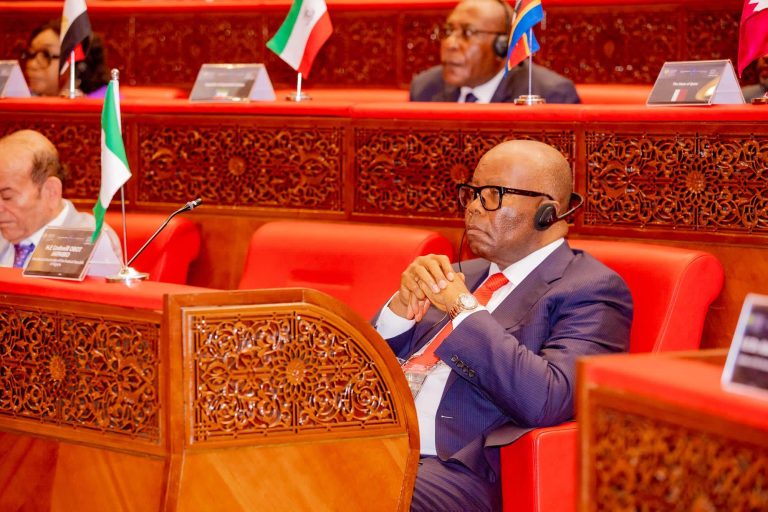
More than four years after his conviction for electoral malpractice, Professor Peter Ogban, a former returning officer in the 2019 senatorial election in Akwa Ibom State, has yet to serve the full three-year prison sentence handed down to him.
Ogban, a Professor of Soil Science at the University of Calabar, was found guilty by the Akwa Ibom State High Court in Uyo on March 25, 2021, for falsifying election results to favour Godswill Akpabio, who was then a senatorial candidate and is now the President of the Senate.
On the same day, the court sentenced Ogban to three years in prison for violating Nigeria’s electoral laws. Yet, an investigation by PREMIUM TIMES reveals that, despite a recent appellate court ruling affirming his conviction, Professor Ogban is not currently in custody.
Conviction Upheld, But Ogban Still at Large
The Court of Appeal in Calabar on April 30, 2025, upheld the 2021 conviction, confirming that Ogban indeed manipulated vote counts during the 2019 Akwa Ibom North-West senatorial election. The court described his actions as a breach of public trust and a serious violation of electoral integrity.
However, Ogban was absent during the virtual delivery of the judgment, and till date, there is no confirmed record of his return to prison.
Legal observers and human rights advocates have raised concerns over what they describe as a breakdown in the enforcement of judicial decisions, especially given that no court order has overturned his sentence.
Health Grounds Bail and Uncertain Legal Status
Following his conviction in 2021, Ogban was initially remanded at the Ikot Ekpene Correctional Facility. But on July 12, 2021, Justice Pius Idiong of the State High Court in Ikot Ekpene granted him bail pending the outcome of his appeal despite opposition from the Independent National Electoral Commission (INEC), which had prosecuted the case.
Ogban’s legal team, led by Senior Advocate of Nigeria Kanu Agabi, claimed the professor was battling high blood pressure and tuberculosis, and argued that remaining in custody could pose a health risk and lead to injustice if the appeal later succeeded. Justice Idiong agreed to grant a temporary reprieve.
“The court agrees… that it is a possibility that the appeal may be allowed and the applicant discharged and acquitted,” Justice Idiong ruled. “Although the applicant’s so-called health conditions… cannot constitute such an exceptional circumstance, he has nonetheless made out a case to warrant being granted a temporary reprieve.”
Correctional Service Unable to Confirm Custody
Despite the Appeal Court’s decision, it remains unclear why Ogban has not been returned to prison. Legal professionals point to a failure in responsibility on the part of the Nigerian Correctional Service (NCoS).
A legal source familiar with the case said: “It was the duty of the Nigerian prisons to ensure that Professor Ogban was present during the court ruling, and upon affirmation of his sentence, he should have been taken back to prison immediately.”
When contacted, Richard Metong, spokesperson for the NCoS in Akwa Ibom State, admitted he could not confirm Ogban’s current location and requested more time to investigate. He had not responded to further inquiries as of the time of publication.
Appeal to Supreme Court and Accusations of Selective Justice
Despite the Appeal Court’s ruling, Ogban’s legal team has filed a notice of appeal at the Supreme Court, seeking to overturn the conviction and sentence once more. However, according to standard legal practice, convicts appealing their sentences are generally required to remain in custody unless granted bail under exceptional circumstances.
The ongoing mystery around Ogban’s whereabouts has raised allegations of preferential treatment and selective justice, especially given his connection to Godswill Akpabio, a powerful figure in the ruling All Progressives Congress (APC) and a close ally of President Bola Tinubu.
Critics argue that the lack of enforcement in Ogban’s case undermines public confidence in Nigeria’s criminal justice system and sends a troubling signal about the influence of political power over the rule of law.





